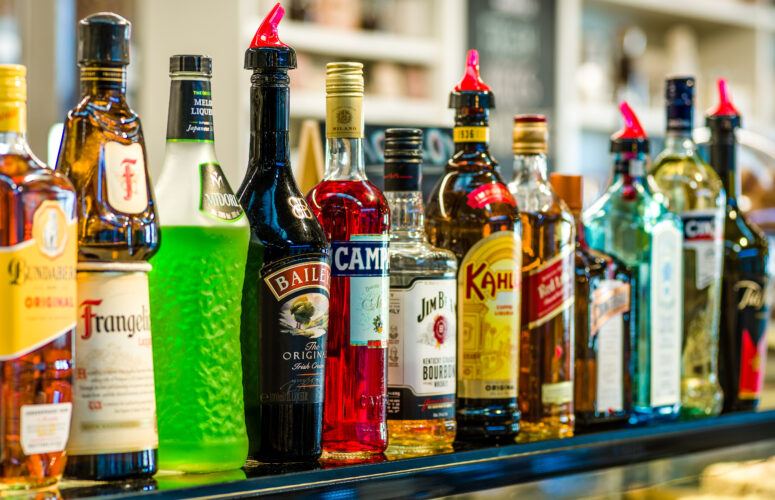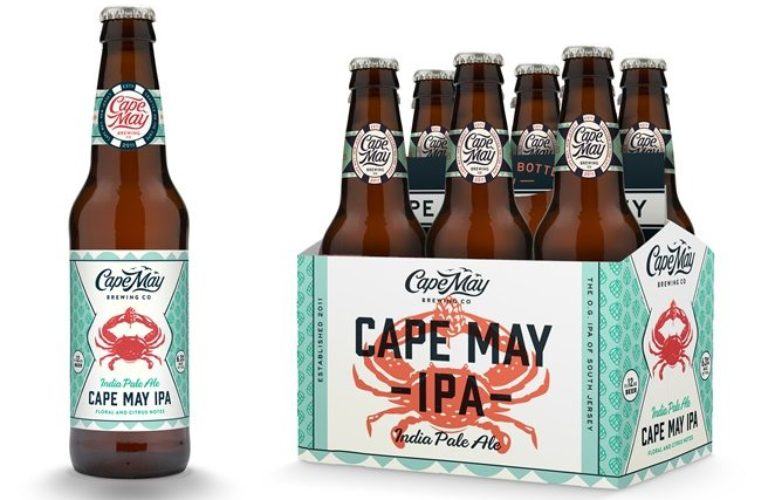
Murphy Pushes for Liquor License Reform at Roundtable
By Jim Pytell, Managing Editor On Feb 23, 2023Gov. Phil Murphy today hosted a roundtable in Clinton to discuss modernizing New Jersey’s liquor license laws, which, in their current state, make it extremely difficult for businesses to acquire for a variety of reasons.
Since 1947, New Jersey has restricted the number of liquor licenses a municipality can grant based on population. Under the law, towns can issue one consumption license for every 3,000 residents and one retail license per 7,500 residents.
“Hunterdon County, for example, is full of small communities with small populations,” said Clinton Mayor, Janice Kovach. “[Towns] are locked out of the liquor licenses, with no ability to bring anything else in.”
The limitation on the number of licenses available has also caused license prices to skyrocket, sometimes as high as seven figures (compared to New York, where a license can cost around $4,500 plus fees). Prospective buyers in New Jersey are then forced to either purchase licenses from existing holders on a secondary market or pay a municipality through an auction.
“There is an artificial supply and demand imbalance based on these prohibition-era laws,” Gov. Phil Murphy said.
In a new, modernized proposal, the license-to-population ratio limitation would begin to be phased out in January 2024, eventually migrating to no license cap over a five year period, according to Murphy.
It would also establish new prices and fees for licenses, repatriate inactive licenses back to municipalities for review and re-issue, and lift restrictions hampering craft breweries, distilleries and wineries such as limiting the number of events they can host and not being able to serve food.
Murphy did add that any new guidelines would not impact local review or local oversight.
“We want to be able to provide our business community with the opportunities, but at the same time respect the fact that residents don’t necessarily want a liquor license in every single building,” said Clinton Mayor, Janice Kovach. “[We want to] work with the restaurants that we do have to see what works for them. I think every mayor always wants to have that ability to have some sort of local control. It’s about making sure we understand all of the pieces and everything that is happening within our communities.”
One of the big sticking points to liquor license reform is what happens to existing license holders.
“One question is, how do we have a regime that allows us to migrate from where we are today to a more enlightened future, while at the same time respecting and protecting those who have had licenses for a long time,” Murphy said.
The proposed legislation would authorize the state to establish a means-tested tax credit for current plenary retail consumption license holders impacted by the expanded supply of licenses. The tax credit to be issued to the license holder will be determined based on the taxable sales within the preceding three calendar years.
All business owners in the room echoed the same sentiment about the positive impact that more accessible licenses would have on their ability to diversify their revenue stream, and the overall impact it would have economically.
“The places that have done this have seen a boom in their main streets and downtowns. There is real economic impact here,” Murphy said, adding that such reform could induce 10,000 jobs annually and $10 billion over 10 years.
“Right now, we are stifling growth, and keeping our entire hospitality industry from realizing its potential economic impact and leaving jobs on the table,” said Raj Mukherji, deputy speaker of the New Jersey General Assembly.
“I don’t for one second suggest that this is easy,” Murphy said. “However, we have done a lot of things over the past five-plus years that were not easy, but they were the right things to do, and I think that this sits firmly on that list.”
To access more business news, visit NJB News Now.
Related Articles:





